The U.S. Commerce Department has accused China's key battery material industry of benefiting from so-called unfair high-level government subsidies, which may provide a basis for the U.S. to impose countervailing duties on related battery components, according to U.S. media reports.
The U.S.' move is another example of weaponizing trade issues to target Chinese industries, and if the U.S. sharply raises tariffs on relevant products, it could disrupt global supply chains and deal a heavy blow to its own industries, a Chinese expert said on Wednesday.
The U.S. Commerce Department announced Tuesday its preliminary affirmative determination in the countervailing duty investigation of active anode material from China, and said it is also conducting concurrent antidumping duty investigation of active anode material from China, according to the official website of the U.S. ITA. The U.S. ITA's website posted preliminary subsidy rates of up to 721.03 percent against some Chinese companies.
The active anode material includes materials such as graphite and silicon, according Bloomberg.
"This investigation in itself is neither reasonable nor lawful - it is a clear example of how the U.S. has weaponized trade issues," Chen Jing, a vice president of the Technology and Strategy Research Institute, told the Global Times on Wednesday. "Especially against the backdrop of Washington's increasingly protectionist measures, this latest move represents yet another discriminatory attempt to suppress China."
After concluding materials had been "unfairly subsidized," the U.S. Commerce Department has set the stage for anti-subsidy duties on imports of key battery components from China, according to Bloomberg.
Cong Yi, a professor at the Tianjin University of Finance and Economics, said that the move reflects the U.S.' broader strategy to decouple from China by disrupting industrial and supply chains through tariffs and other protectionist tools.
"Labeling China's normal industrial support as excessive subsidies is a typical tactic of economic containment," Cong told the Global Times on Wednesday, adding that through the move, the U.S. attempts to crack down on China's industry, while ignoring the fundamentally cooperative nature of global supply chains.
Such actions, however, are more likely to inflict damage on the U.S. itself, Cong warned. "China is the world's largest manufacturing power, while the U.S. economy is dominated by services. Severing industrial links may cause certain short-term disruption for Chinese firms, but the long-term pain will be greater for the U.S.," he said.
The U.S. has limited domestic graphite production and remains dependent on imports from China; If Chinese exports fall, U.S. industries could face significant shortages of this critical material, according to Chen.
"The electric vehicle (EV) sector would bear the brunt of the impact. Graphite is a key component in EV battery anodes, and any cost increase would push up battery prices, weakening the global price competitiveness of U.S.-made EVs," Chen noted.
While the U.S. is seeking to build a graphite supply chain, progress is likely to be slow, and even with joint efforts from its so-called allies, meeting the surging demand from the EV sector in the short term remains a major challenge for the U.S., Chen said.
China produces most of the world's graphite. The U.S. relies on China for 59 percent of its natural graphite imports and 68 percent of artificial graphite, Bloomberg reported, citing Capstone LLC.
While China's annual graphite exports amount to less than $1 billion, its role in the global supply chain is strategically important. Chinese producers hold significant advantages in technology, cost, and production capacity, and they continue to invest in upgrading processes and optimizing the industry, Chen said, adding that the U.S.' move won't stop the development of the Chinese industry.
















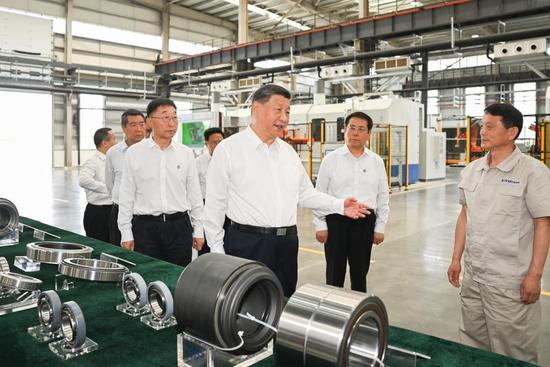
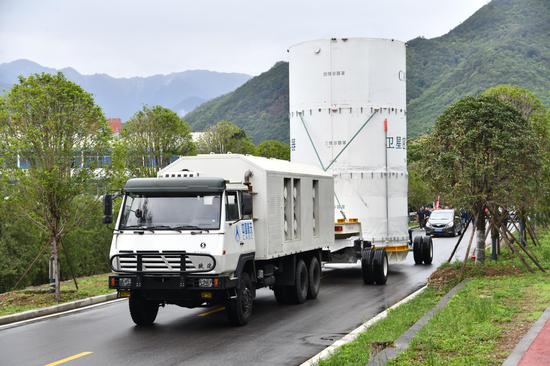




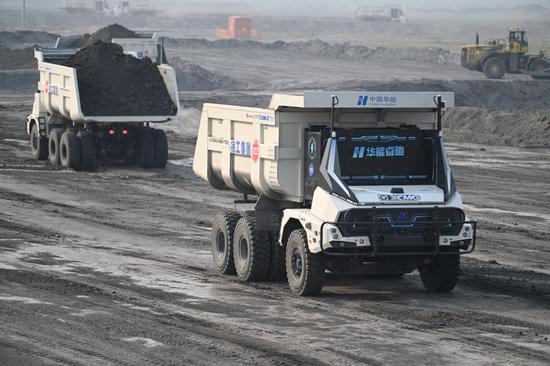
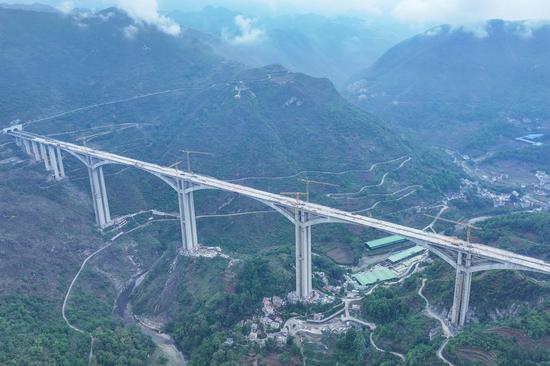

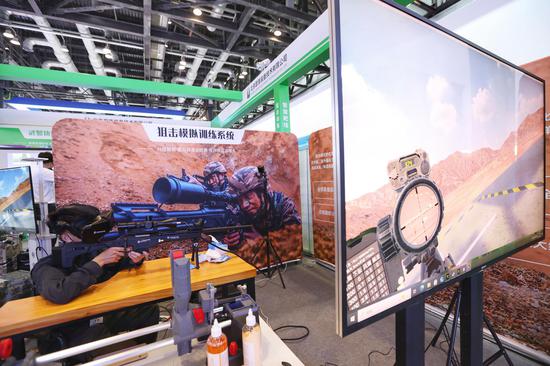
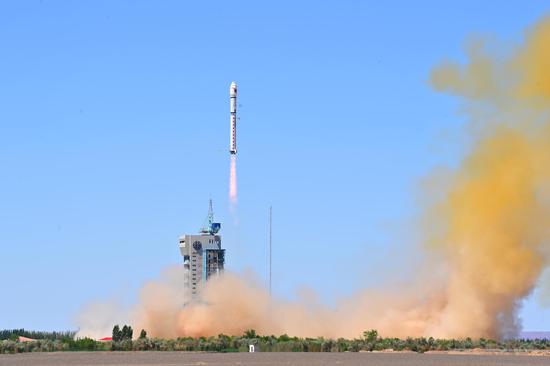


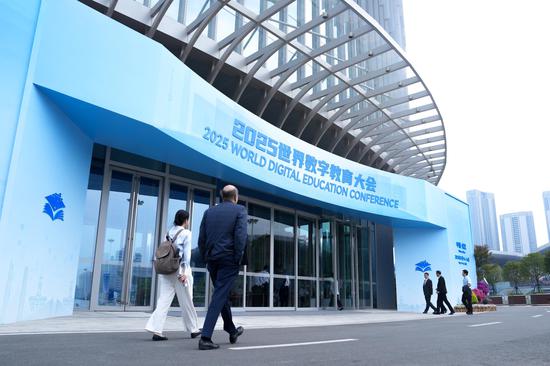
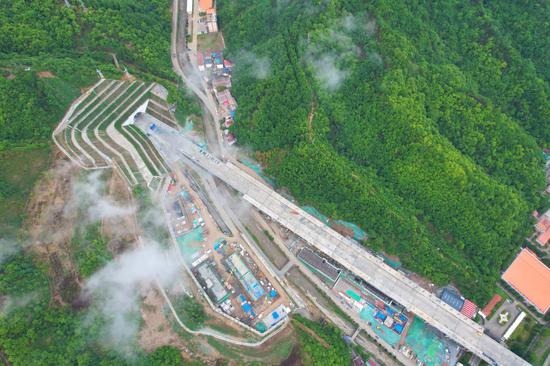


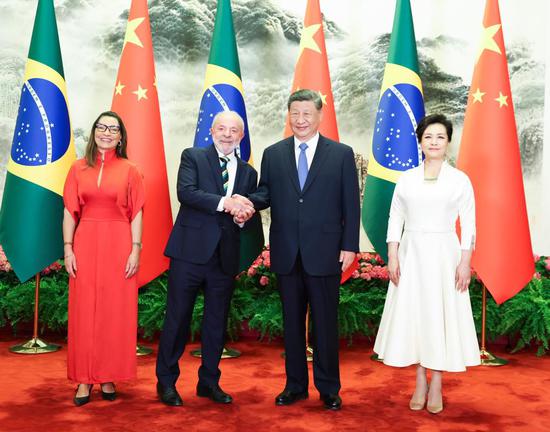
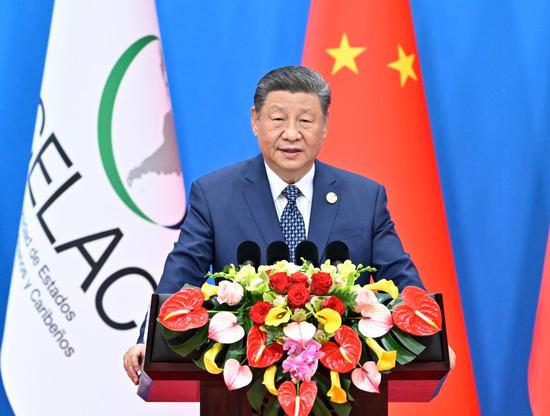
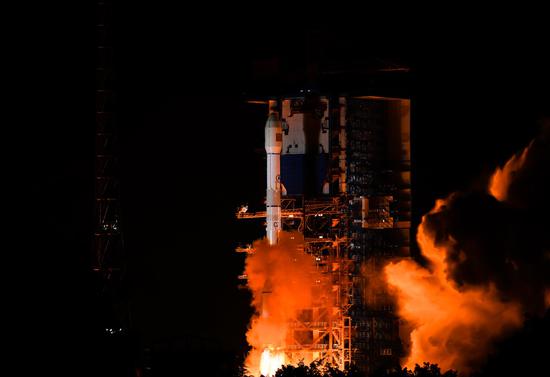
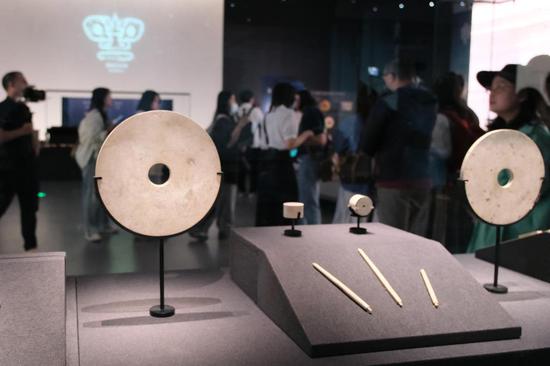


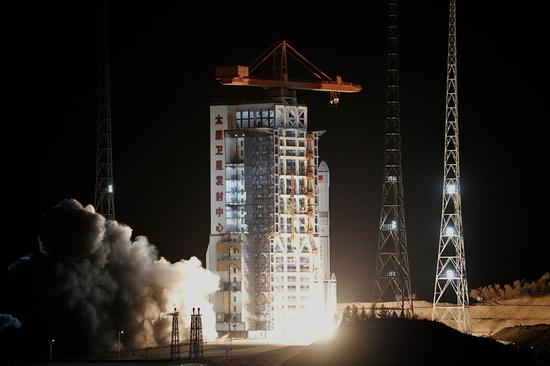



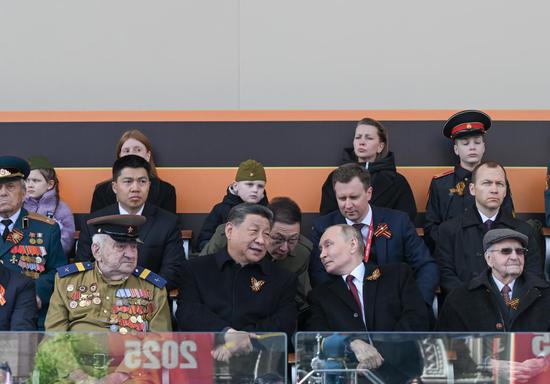
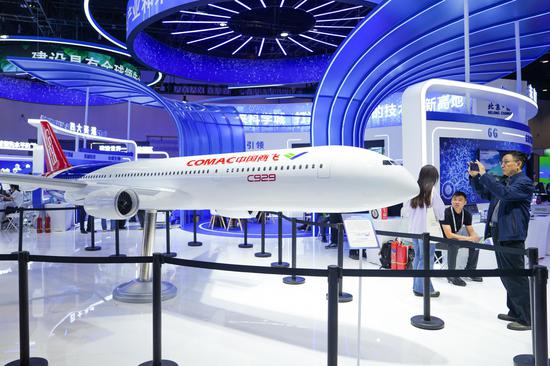

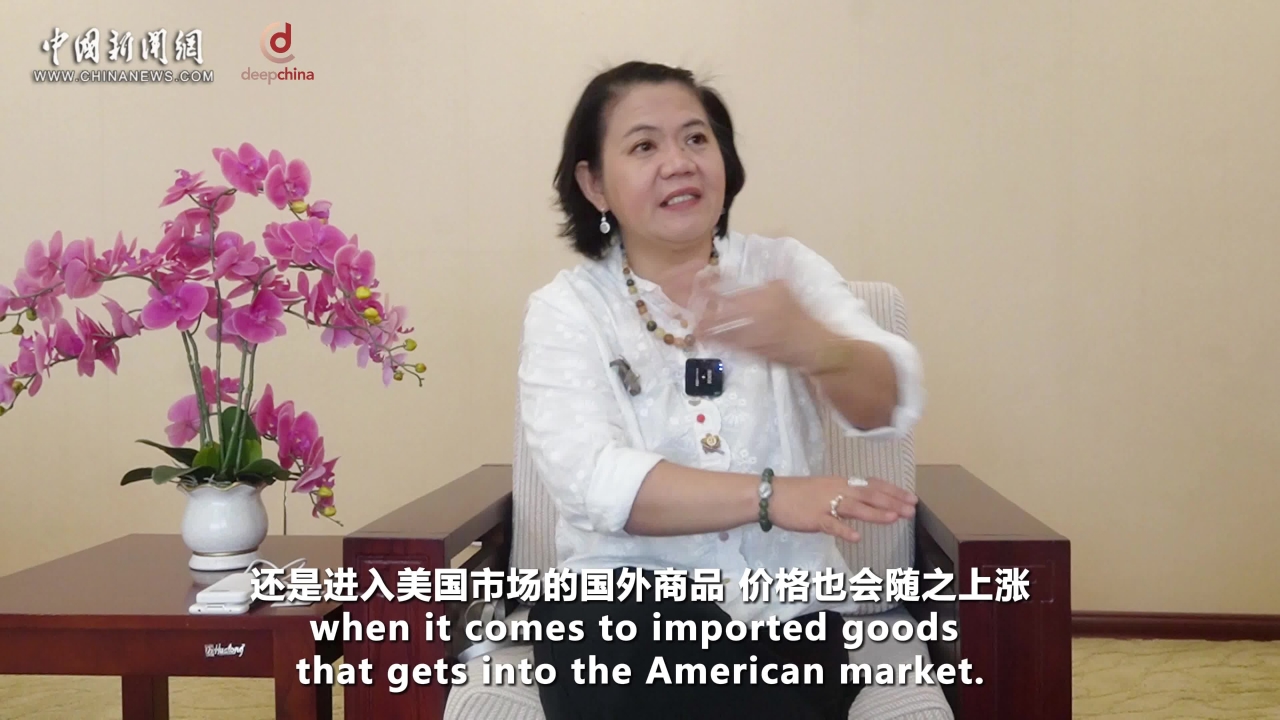

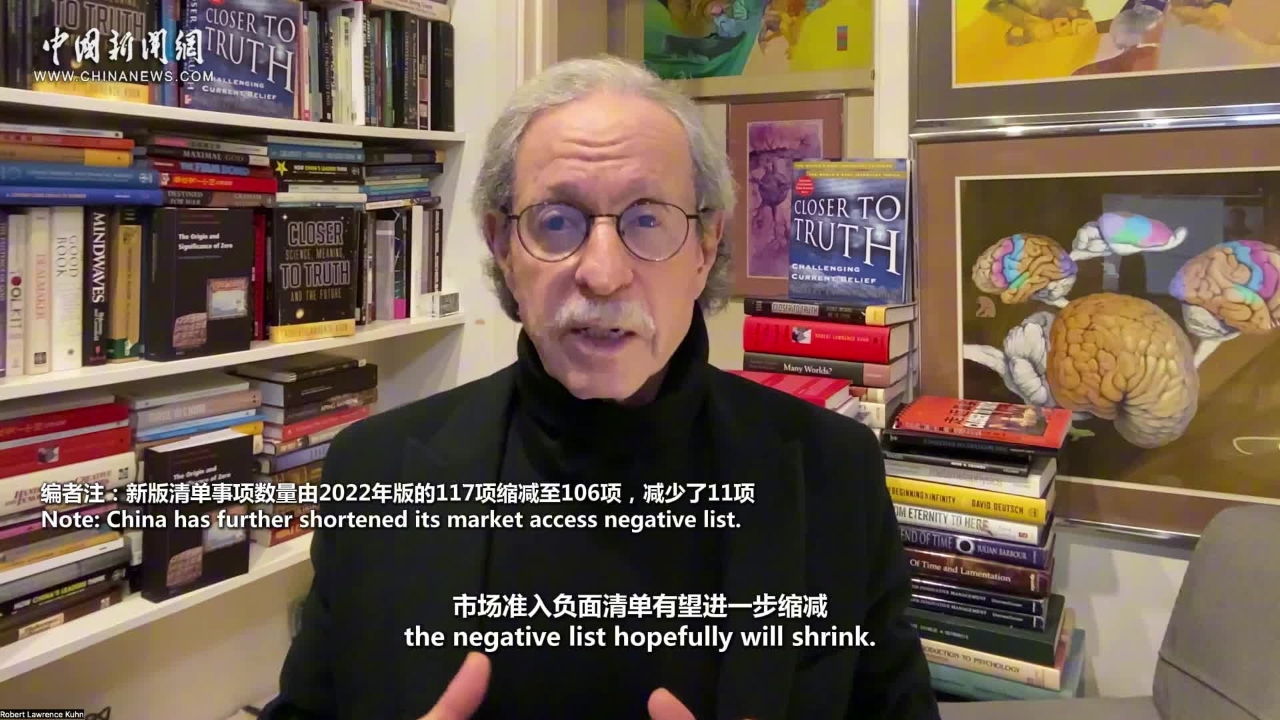

 京公網(wǎng)安備 11010202009201號
京公網(wǎng)安備 11010202009201號